“Beyond the Basics USB Phone Chargers: Navigate the USB Charging Jungle Like a Pro – Discover Hidden Hacks, Future-Ready Tech, and Transform Your Charging Experience”
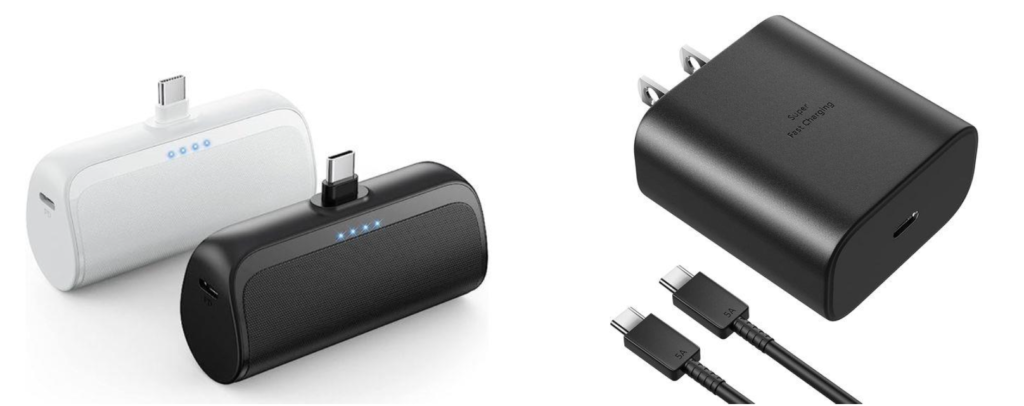
In the fast-paced digital age, where staying connected is not just a luxury but a necessity, the ubiquity of USB phone chargers has become a defining feature of our tech-driven lives. From the humble USB-A chargers to the cutting-edge USB-C and wireless options, the evolution of charging technology has transformed the way we power up our devices. Let’s delve into the world of USB phone chargers, exploring the types, standards, compatibility considerations, and the crucial role they play in our everyday lives.
The Ubiquity of USB Phone Chargers
i. Overview: USB phone chargers have become the unsung heroes of our connected world. Almost every smartphone, tablet, and an increasing number of other devices rely on these chargers for their power needs, making them an indispensable part of our daily lives.
ii. Evolution of Charging Technology: The journey of charging technology has been marked by significant milestones. From the early days of USB-A to the sleek and versatile USB-C, and the wireless revolution, the way we charge our devices has undergone a remarkable transformation.
Types of USB Phone Chargers
i. USB-A Chargers: The traditional USB-A chargers are the stalwarts that have been around for years. While they may lack the speed and versatility of newer options, they remain a reliable choice for a wide range of devices.
ii. USB-C Chargers: USB-C represents the future of charging technology. With its reversible design, faster charging capabilities, and ability to handle data transfers and power delivery simultaneously, USB-C is the go-to option for many modern devices.
iii. Wireless Chargers with USB Connections: Wireless charging, while eliminating the need for physical cables, often connects to power sources through USB connections. This adds an extra layer of convenience for users who enjoy the flexibility of wireless charging.

USB Charging Standards
i. USB Power Delivery (PD): USB PD is a standard that allows for faster charging and higher power delivery. It’s particularly prevalent in USB-C chargers, providing a more efficient and flexible charging experience.
ii. Quick Charge Technology: Commonly associated with Android devices, Quick Charge technology enables rapid charging, reducing the time needed to power up devices significantly.
iii. Adaptive Fast Charging: Found in many Samsung devices, Adaptive Fast Charging adjusts the charging speed based on the device’s needs, optimizing the charging process for efficiency.
Compatibility of USB Phone Chargers
i. Considerations for Different Devices: USB chargers have become remarkably universal, catering to the changing needs of various devices, including Android and iOS smartphones, tablets, smartwatches, and more.
ii. Universal Compatibility: The beauty of USB chargers lies in their universal compatibility. Whether you have an iPhone, an Android device, or any other gadget, chances are it can be charged using a USB connection.
Charging Speeds of USB Phone Chargers
i. Charging Speeds Based on USB Standards: Charging speeds vary based on the USB standard. USB-C chargers, especially those with USB PD, often provide faster charging compared to traditional USB-A options.
ii. Factors Influencing Charging Speed: Factors such as the device’s battery capacity, the quality of the charging cable, and the power output of the charger influence the overall charging speed.
USB Charging Cables
i. Overview of Cable Types: USB-A to USB-C, USB-C to USB-C, and other cable types cater to different charging needs. Each cable type serves a specific purpose, and understanding these distinctions is crucial.
ii. Importance of Quality Cables: Using high-quality cables is paramount for efficient and safe charging. Substandard cables can not only slow down the charging process but also pose risks such as overheating.
Advantages of USB Phone Chargers
i. Convenience and Versatility: USB phone chargers offer unparalleled convenience, allowing users to charge their devices almost anywhere. The versatility of USB chargers makes them a go-to option for a wide range of electronic gadgets.
ii. Portability and Ease of Use: The compact and portable nature of USB chargers makes them travel-friendly. Their ease of use, combined with universal compatibility, ensures that you can power up your devices effortlessly.
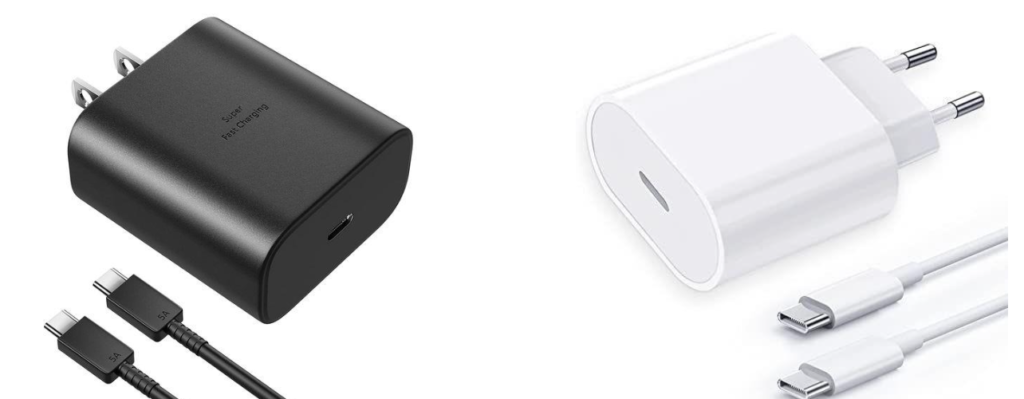
USB Phone Chargers Safety
i. Tips for Safe Charging Practices: Adhering to safe charging practices is essential. Avoiding overcharging, using quality cables, and ensuring proper ventilation during charging are simple yet crucial safety measures.
ii. Protection Against Overcharging and Overheating: Modern USB chargers often come equipped with safety features such as overcharge protection and temperature control to prevent potential hazards.
Choosing the Right of USB Phone Chargers
Factors to Consider: When selecting a USB charger, factors such as wattage, amperage, and voltage come into play. Understanding the charging needs of your device is essential for optimal performance.
USB Phone Chargers for Specific Devices
i. Considerations for Different Devices: Different devices may have specific charging requirements. Understanding these considerations helps in choosing the right USB charger for smartphones, tablets, smartwatches, and other gadgets.
ii. Compatibility Issues and Solutions: Compatibility issues can arise, especially when dealing with various devices. Adapters or universal chargers that cater to multiple devices can be a practical solution.
Innovations in USB Charging Technology
i. Emerging Technologies: The future of USB charging holds exciting possibilities, with innovations such as gallium nitride (GaN) chargers and advancements in wireless charging technologies.
ii. The Future of USB Charging: As technology continues to evolve, the future of USB charging promises even faster speeds, greater efficiency, and perhaps entirely new methods of powering up our devices.
Summarizing Key Points
In the ever-connected world we inhabit, USB phone chargers have become the backbone of our digital lives. From the simplicity of USB-A to the sophistication of USB-C and the wireless revolution, these chargers have evolved to meet the diverse needs of modern consumers.
Emphasizing the Importance
Choosing the right USB charger is not just a matter of convenience; it’s a crucial aspect of ensuring optimal device performance and safety. As we navigate the evolving landscape of charging technology, embracing the right USB charger becomes an empowering choice, allowing us to stay connected seamlessly.
Suggesting Reliable USB Phone Chargers
For those seeking reliable USB phone chargers, reputable brands like Anker, Belkin, and Aukey offer a range of high-quality options. Consider factors such as your device’s compatibility, charging speed requirements, and portability needs when making a selection.
In conclusion, as we charge into the future of technology, our devices will continue to rely on humble yet indispensable USB phone chargers, ensuring that the pulse of our digital lives remains strong and steady.
Also Read –
- How Wireless Chargers Work?
- How to Choose a Yoga Mat?
- Key Features of Wallet Purse Organizers
- Advantages of Travel Mugs
- Top Features and Functions of Toaster Ovens
For New Product Reviews, Buying Guides, Visit BareFootClimb




![Snapchat Spectacles (5th Gen) [Top Features Unveiled] [2024] Snapchat Spectacles](https://barefootclimb.com/wp-content/uploads/2024/10/Snapchat-Spectacles-150x150.jpg)


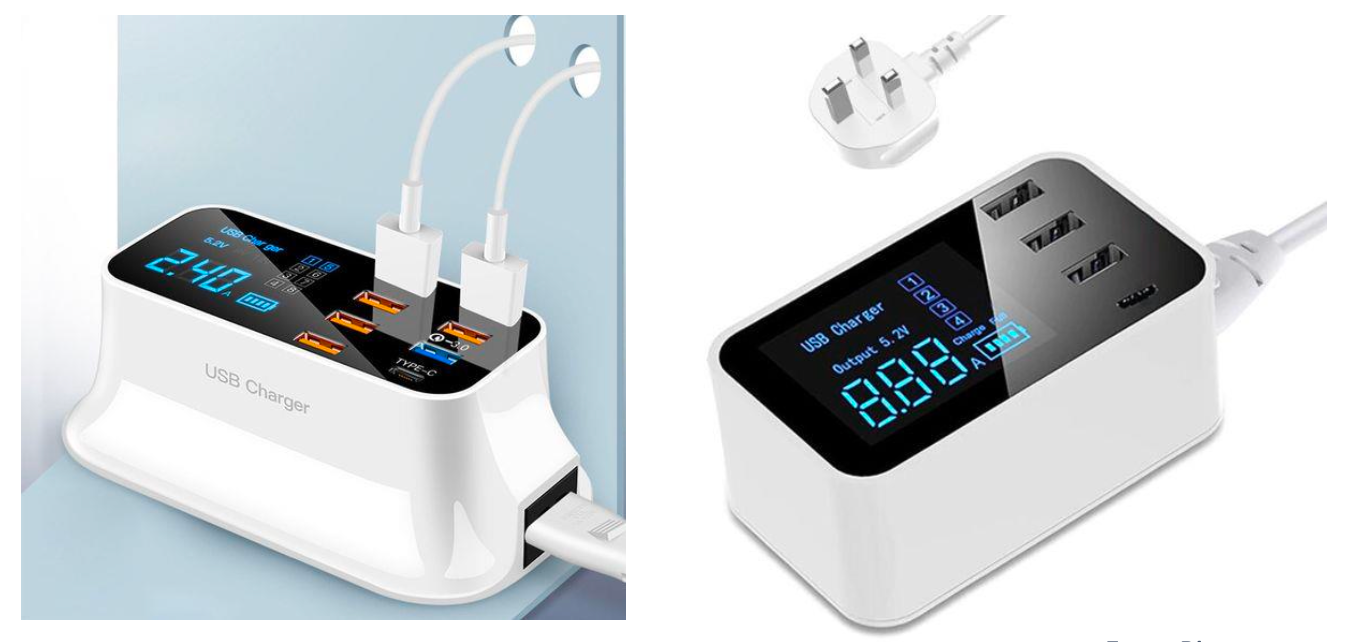
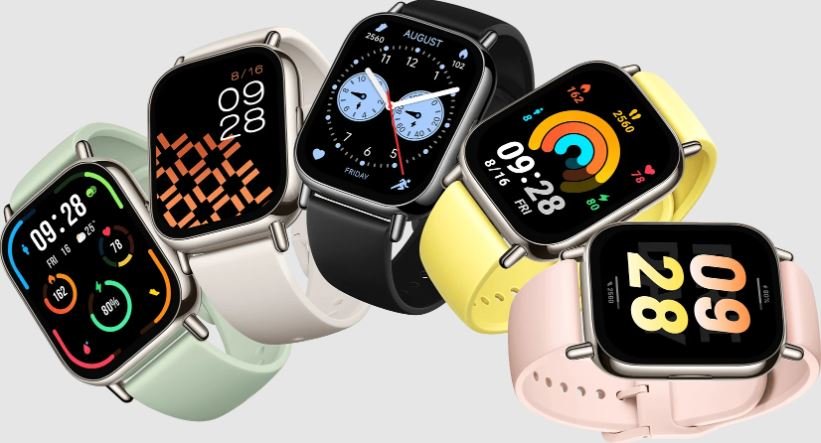
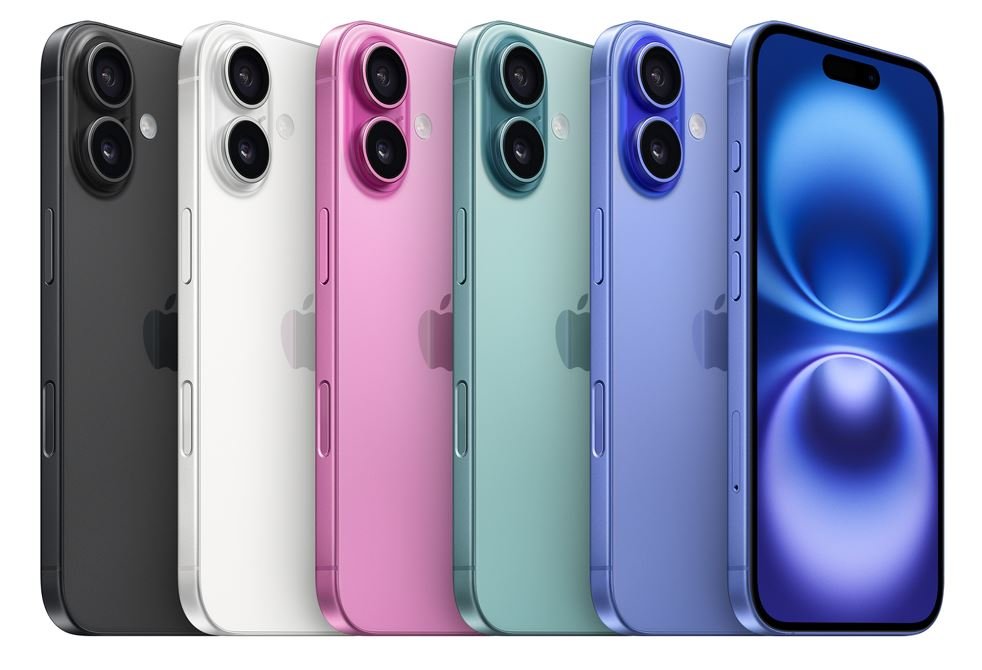
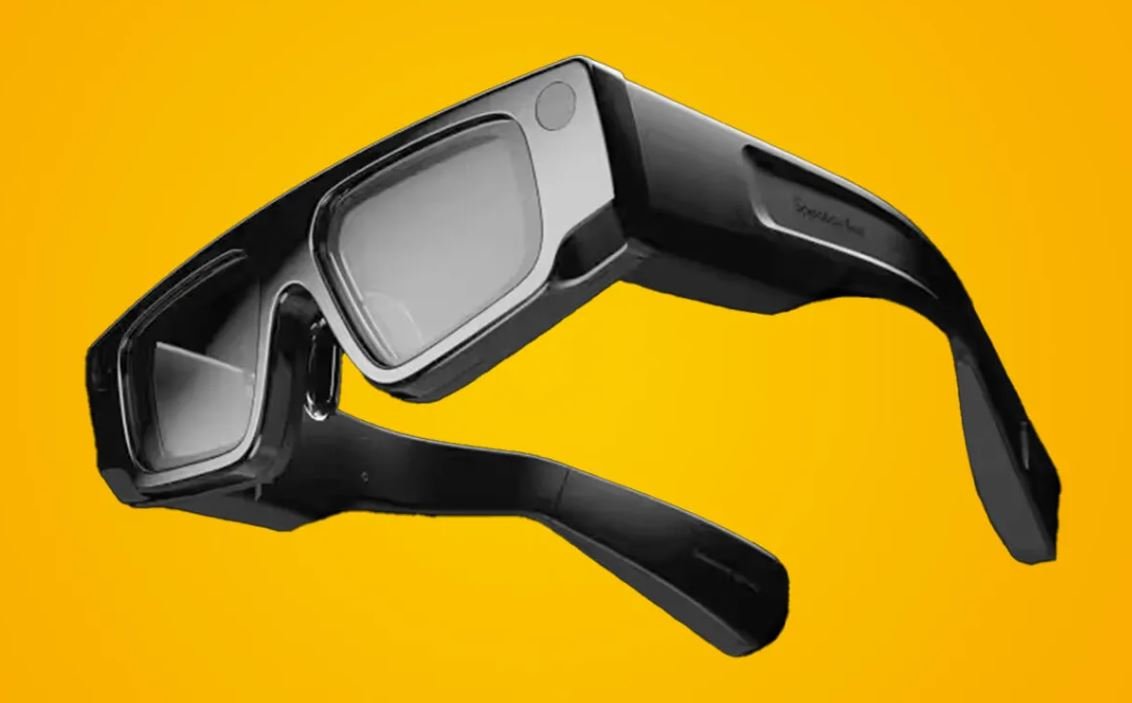

One thought on “USB Phone Chargers – Charging Technologies, Speed Secrets, and How to Pick the Perfect Charger for Your Device?”